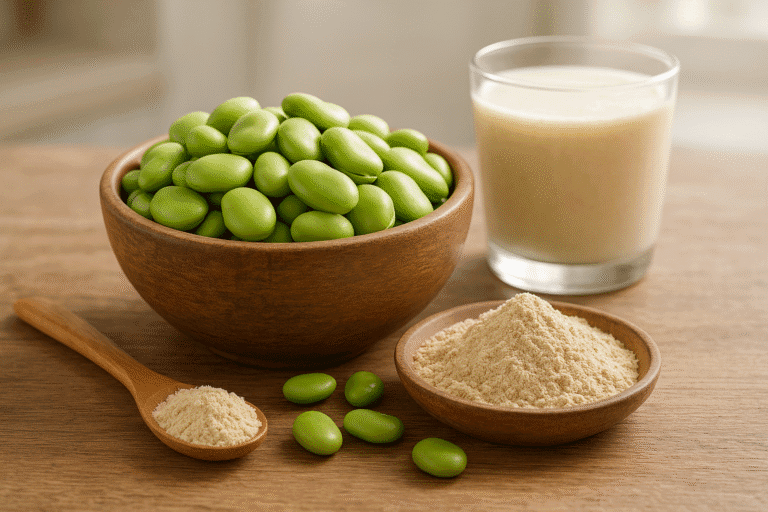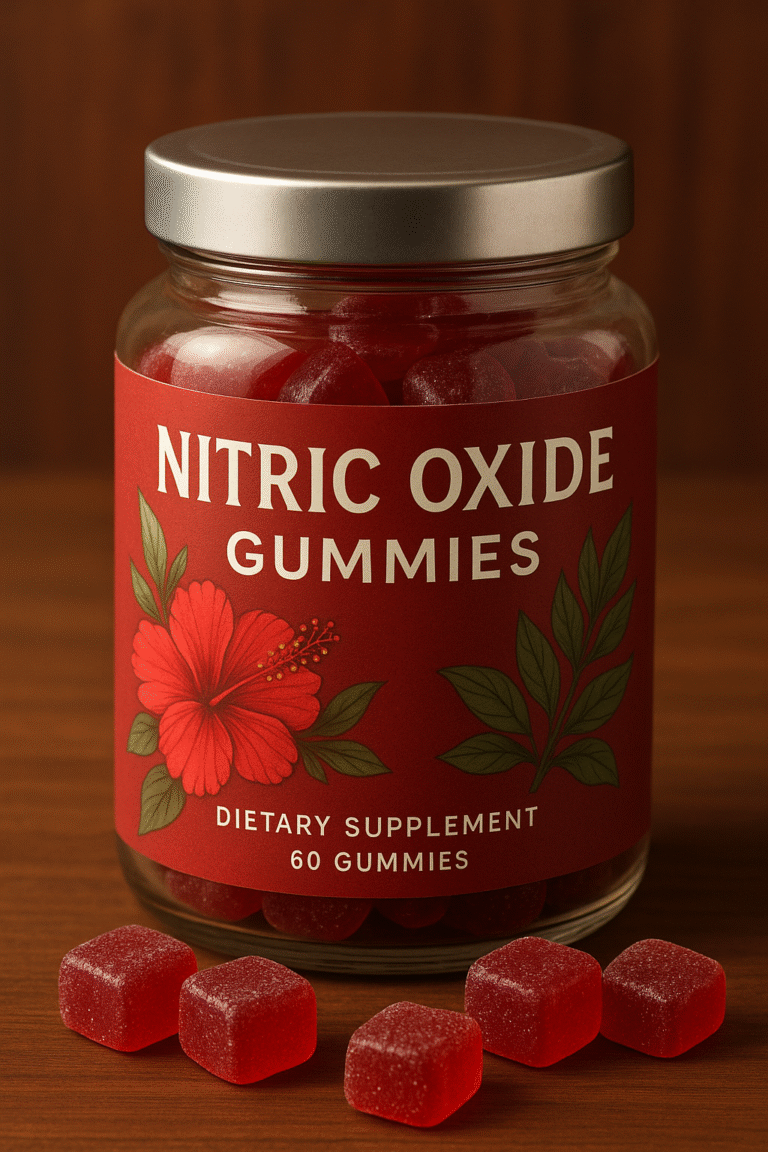Magnesium Glycinate vs Citrate: Which One Should You Choose?
Magnesium is an important mineral. It helps with muscle function, nerve signaling, energy production, and bone health. However, with numerous forms of magnesium supplements available, it can be challenging to select the right one.
Two popular options are magnesium glycinate vs Citrate, each with distinct benefits and uses.
In this blog post, we’ll break down the differences between these two supplements, their benefits, potential side effects, and which one might be best for your needs.

Magnesium Citrate: The Digestive Aid
What Is Magnesium Citrate?
Magnesium citrate is a combination of magnesium and citric acid. It’s known for its high bioavailability, meaning your body absorbs it relatively well.
Benefits of Magnesium Citrate
Supports Digestion & Relieves Constipation – Magnesium citrate is often used as a mild laxative. It helps bring water into the intestines and encourages bowel movements.
May Help with Occasional Constipation – Doctors often recommend it before medical procedures, such as colonoscopies.
Supports Muscle & Nerve Function – Like all magnesium forms, it aids in muscle relaxation and nerve signaling.
Potential Side Effects
- It can cause diarrhea or loose stools if taken in high doses.
- It is not ideal for those with sensitive digestion or kidney issues.
Best for: People looking for relief from occasional constipation or needing a highly absorbable magnesium option.
Magnesium Glycinate: The Calming Mineral
What Is Magnesium Glycinate?
Magnesium glycinate is magnesium bound to glycine, a calming amino acid. This form is highly absorbable and gentle on the stomach.
Benefits of Magnesium Glycinate
Promotes Relaxation & Sleep – Glycine has a calming effect, making this form ideal for stress relief and better sleep.
Gentle on the Stomach – Unlike citrate, it doesn’t have a laxative effect, making it great for daily use.
Supports Mental Health – Some studies suggest it may help with anxiety and depression.
Potential Side Effects
- Rare, but may cause mild drowsiness in some people.
- Generally well-tolerated, even at higher doses.
Best for: Those seeking stress relief, better sleep, or a magnesium supplement without digestive side effects.
Which One Should You Take: Magnesium Glycinate vs Citrate
| Feature | Magnesium Citrate | Magnesium Glycinate |
|---|---|---|
| Absorption | High | Very High |
| Best For | Constipation relief | Relaxation & sleep |
| Digestive Effects | May cause diarrhea | Gentle on stomach |
| Common Use | Short-term relief | Long-term supplementation |
Choose Magnesium Citrate If:
- You need help with occasional constipation.
- You want a fast-absorbing magnesium option.
Choose Magnesium Glycinate If:
- You struggle with stress, anxiety, or poor sleep.
- You want a daily magnesium supplement without digestive upset.
Final Thoughts: To Use Magnesium Glycinate vs Citrate
Both magnesium citrate and magnesium glycinate offer unique benefits. If digestive support is your priority, citrate may be the better choice. But if you’re looking for relaxation and long-term supplementation, glycinate is likely the winner.
Always consult with a healthcare provider before starting any new supplement, especially if you have underlying health conditions or take medications.
Have you tried either of these magnesium supplements? Share your experience in the comments!
FAQs about Magnesium Glycinate vs Citrate
Which is better magnesium glycinate or citrate?
It depends on your needs!
Magnesium citrate is better for digestion and occasional constipation relief.
Magnesium glycinate is better for relaxation, sleep, and long-term supplementation without digestive side effects.
What is the downside of magnesium glycinate?
Rarely causes drowsiness in some people.
Slightly more expensive than other forms of magnesium.
Not the best choice if you need a laxative effect.
What is the best type of magnesium to take?
The “best” type depends on your goals:
For digestion: Magnesium citrate or oxide.
For sleep/stress: Magnesium glycinate or threonate.
For muscle cramps: Magnesium glycinate or malate.
For heart health: Magnesium taurate.
Which is better for leg cramps: magnesium citrate or glycinate?
Magnesium glycinate is usually the better choice because:
It’s highly absorbable and stays in the body longer.
Glycine supports muscle relaxation.
Citrate may cause diarrhea before helping with cramps.
Which helps you sleep better, magnesium citrate or magnesium glycinate?
Magnesium glycinate is generally better for sleep. It’s absorbed well and linked to calming effects on the nervous system, which helps with relaxation and falling asleep more easily. Magnesium citrate can still support sleep, but its stronger effect on digestion makes it less ideal if your main goal is rest.
What is the healthiest form of magnesium to take?
There isn’t a single “healthiest” form for everyone. The best form depends on your goals:
Magnesium glycinate is excellent for sleep, stress relief, and muscle relaxation because it’s gentle and highly absorbable.
Magnesium citrate is good if you also need digestive support, especially for occasional constipation.
Magnesium malate and magnesium taurate are good options for energy support and heart health, respectively.
In general, forms with higher absorption and fewer digestive side effects, like glycinate, are often recommended for daily use. If you want a personalized suggestion based on your goals or issues, I can help with that too.







